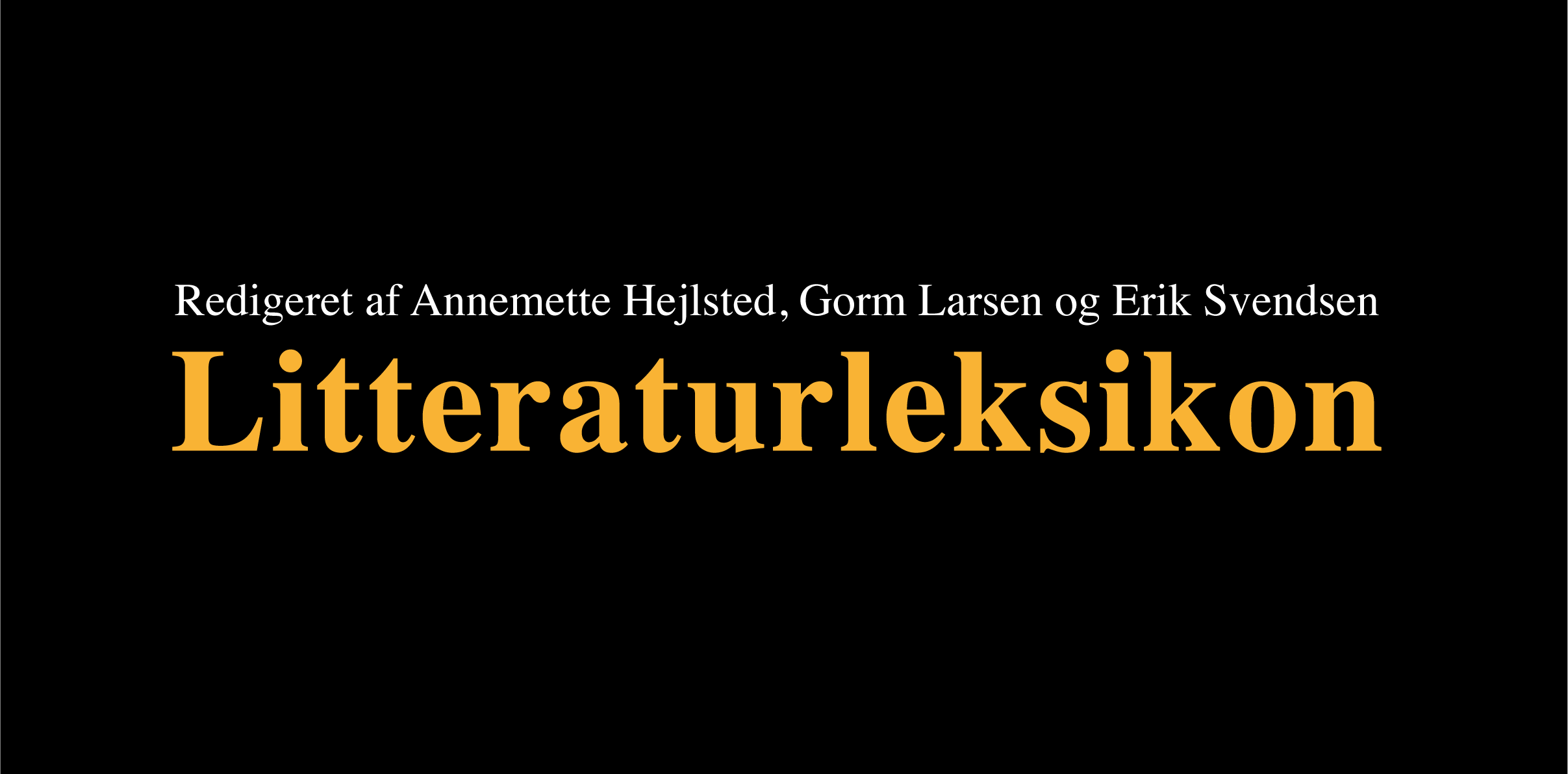Barkan, Leonard (1986). The Gods Made Flesh: Metamorphosis and the Pursuit of Paganism. New Haven: Yale University Press
Barner, Wilfried, Anke Detken og Jörg Wesche (red.) (2007). Texte zur modernen Mythentheorie. Stuttgart: Philipp Reclam
Barthes, Roland (1957). Mythologies. Paris, Éditions du Seuil
Bohrer, Karl Heinz (red.) (1983), Mythos und Moderne – Begriff und Bild einer Rekonstruktion. Frankfurt am Main: Suhrkamp
Bull, Malcolm (2005). The Mirror of the Gods. London: Penguin
Frye, Northrop (1990). Myth and Metaphor: Selected Essays, 1974-1988. Charlottesville: University of Virginia Press
Grafton, Anthony, Glenn W. Most, and Salvatore Settis (udg.). The Classical Tradition. Cambridge MA: Harvard University Press, 2010.
Kluge, Sofie (2014). Diglossia. The Early Modern Reinvention of Mythological Discourse. Kassel: Edition Reichenberger
Liddell Henry George and Robert Scott (1940). A Greek-English Lexicon. Revised and augmented throughout by Sir Henry Stuart Jones with the assistance of Roderick McKenzie. Oxford. Clarendon Press
Pépin, Jean (1958). Mythe et allégorie. Paris: Études Augustiniennes
Rosati, Gianpiero (1979). “L’esistenza letteraria. Ovidio e l’autocoscienza della poesia”. Materiali e discussioni per l’analisi dei testi classici, vol. 2, 101-36.
Seznec, Jean (1980). La survivance des dieux antiques. Paris: Flammarion
Warburg, Aby (1932). Die Erneuerung der heidnischen Antike: Kulturwissenschaftliche Beiträge zur Geschichte der europäischen Renässance. Leipzig: B. G. Teubner



